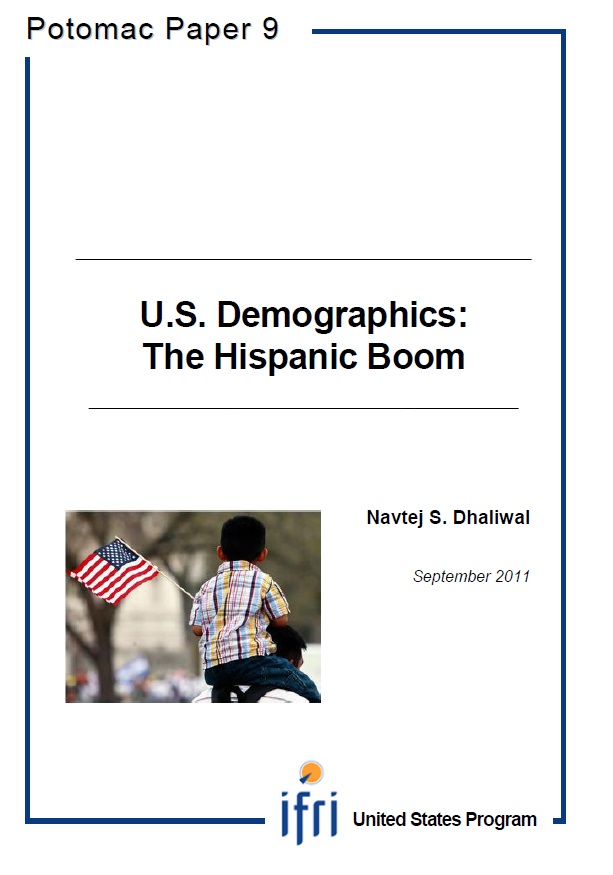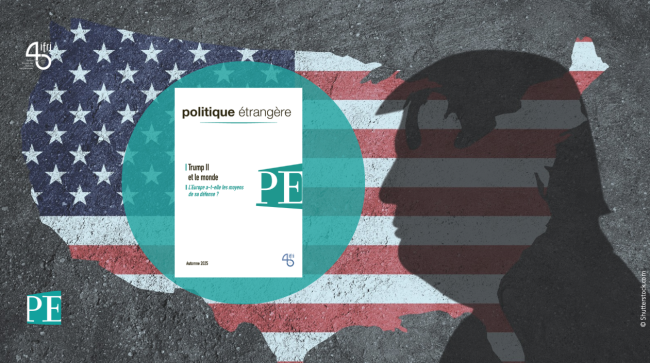U.S. Demographics: The Hispanic Boom

As confirmed by the 2010 Census, Hispanics have become the largest and most dynamic ethnic minority in the United States. While still facing many difficulties, this rather diverse group is undergoing important changes in terms of political representation, economic situation and cultural recognition. It should play a growing role on the national scene in coming years.
The 2010 census confirmed that the Hispanic population of the United States has become the largest and fastest growing minority group in the country. It is also the most diverse one, as the debate over the labels ―"Hispanic", ―"Latino" or even ―"Chicano" suggests.
A number of findings may indicate that this group is slowly morphing from a poor and down-trodden minority into one of the nation’s most dynamic groups:
Latinos continue to be underrepresented both as voters and as candidates, but politicians are increasingly paying heed to their potential to sway elections. Latinos tend to prefer the Democrats (65% in 2010) and they share the same priorities as most other Americans, i.e. jobs, healthcare, and education. Allegiances may be changing, however, and some sub-groups, such as Florida-based Cubans or Catholic-inspired conservatives, already vote for the Republicans.
Hispanics suffer from disproportionately high rates of poverty and joblessness, with many also lacking healthcare and failing to complete a high school education. These problems increase the incidence of crime within Hispanic communities and limit upward social mobility. Nevertheless, they are also rising to prominence in entrepreneurship and as a reliable consumer base.
Finally, in spite of enduring negative stereotyping by the media, Latinos are engaging in cultural exchange in various regions of the United States and gaining visibility in mainstream society. Latino celebrities display this most prominently, but second and third generation residents are also integrating effectively.

Available in:
Regions and themes
ISBN / ISSN
Share
Download the full analysis
This page contains only a summary of our work. If you would like to have access to all the information from our research on the subject, you can download the full version in PDF format.
U.S. Demographics: The Hispanic Boom
Related centers and programs
Discover our other research centers and programsFind out more
Discover all our analysesBrazil One Year Away from the October 2026 General Elections
Brazil’s general elections will be held on October 4, 2026, to elect the president, vice-president, members of the National Congress, governors, deputy governors and state legislative assemblies. For the presidential and gubernatorial elections, a second round will be held on October 25 if no candidate obtains a majority of the votes in the first round.
Trump II: The Clash of Ideologies
The second Trump administration brings together a number of very different, even opposing, ideologies: far-right populism, the reactionary Christian right, paleolibertarianism, and technolibertarianism. The most visible measures taken since Donald Trump's return to the White House have been populist in nature, with the president's authority strengthened, checks and balances weakened, a form of identity politics embraced, and economic nationalism implemented.
Water in Mexico: an Emergency that Will Wait
Access to water is already and will become increasingly problematic for Mexican economic actors due to the progressive scarcity of the resource resulting from climate change, a geographical distribution that does not coincide with that of the population or economic activity, and management that has so far been far too lax.
Donald Trump v. the States: the Case of New York
While the disruptive policies of the second Trump administration are being implemented at the federal level and on the international stage, they are also being felt in the federal states and major cities across the country. In the spring of 2025, several cases involving the state and city of New York demonstrate that the president’s attacks on environmental protection, the separation of powers, freedom of speech, etc., are also being carried out at the local level.











